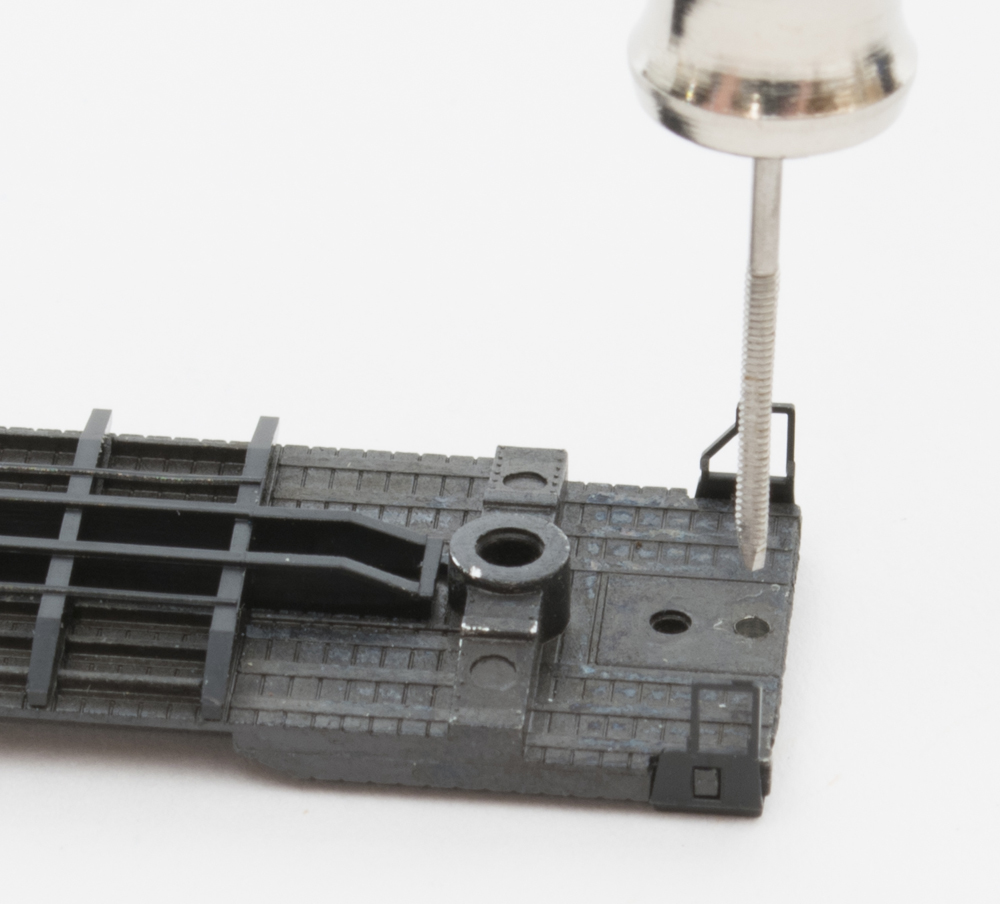
Prototype locomotives and freight cars have body-mounted couplers, but that hasn’t always been the case on N scale models. Truck-mounted couplers were the standard for many years. Today, almost all N scale locomotives and most newly tooled freight cars have body-mounted N scale couplers. The primary reasons for making the switch from truck-mounted couplers to […]
Read More…
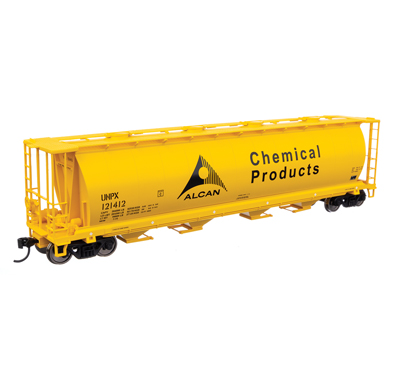
News & Products for the week of November 6th 2023 Model railroad operators and builders can get the latest information about locomotives, freight cars, passenger cars, tools, track, and more by reading Model Railroader’s frequent product updates. The following are the products Model Railroader editors have news on for the week of November 6th […]
Read More…
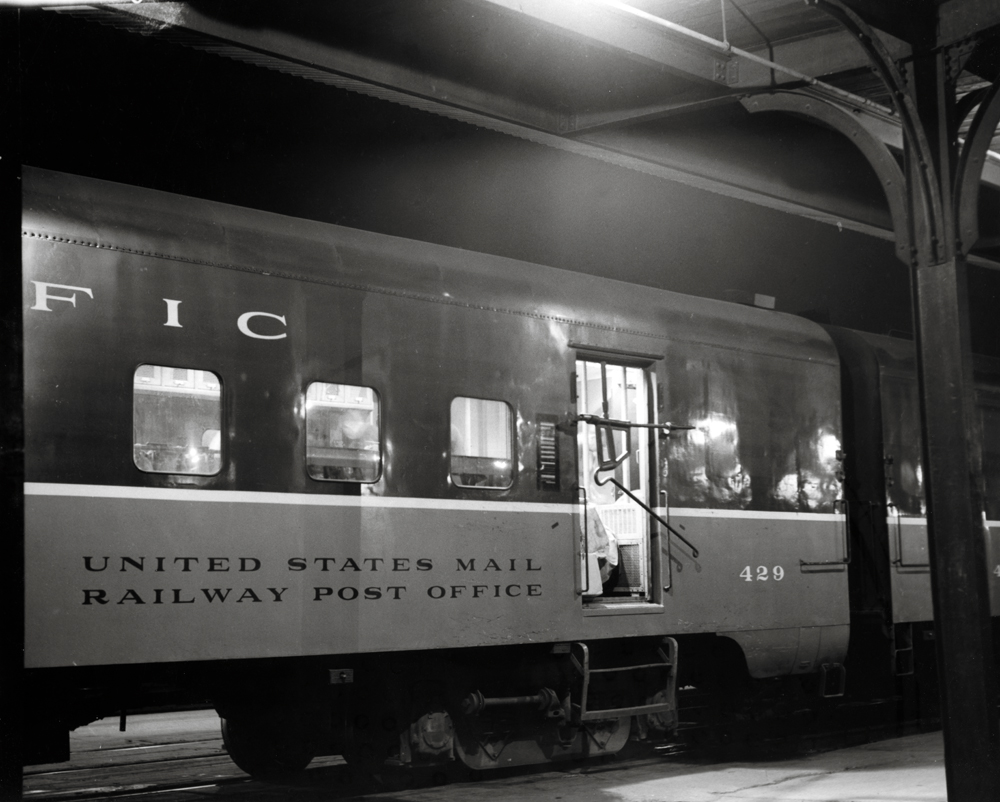
Railway Post Offices Mail moves by train In the 1830s, shortly after the establishment of the first railroads in the U.S., the Post Office Department began to ship mail by rail. The year 1838 saw some sorting of mail en route between Washington and Philadelphia, but the first Railway Post Office car is generally thought […]
Read More…

Train sets – the gateway to model railroading: If you look at an author’s biography at the end of a layout story in Model Railroader, more often than not you’ll find that the layout owner got his or her start in the hobby with a train set. Sure, your first train set won’t look like […]
Read More…
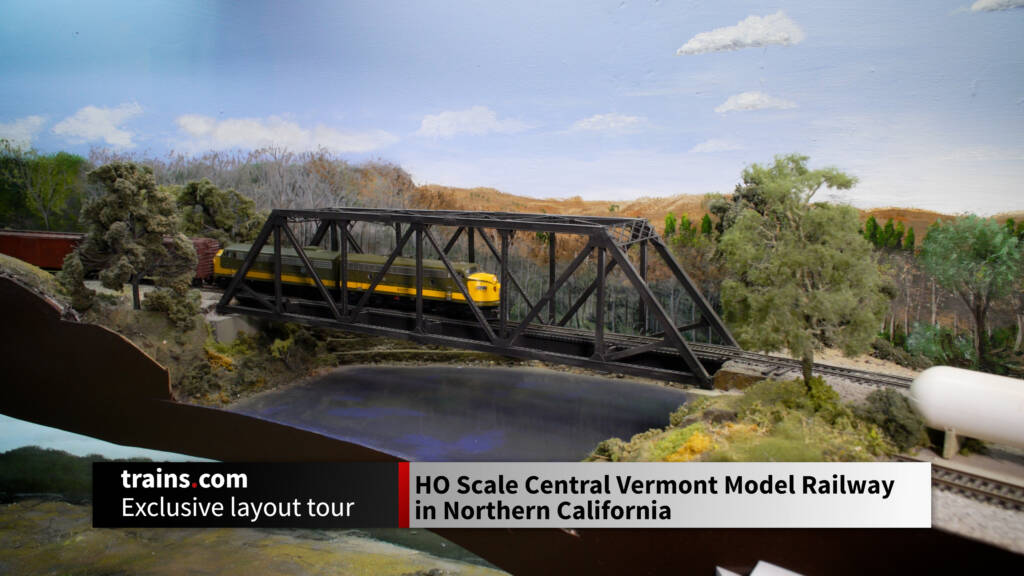
Central Vermont Railway Southern Division in HO scale | In Northern California’s San Francisco Bay Area, a dedicated group led by Paul Weiss is passionately re-creating the Central Vermont Railway’s Southern Division as it existed in May 1956. This historically accurate project showcases meticulously replicated scenes from New London, Conn., to Palmer, Mass., portraying the […]
Read More…
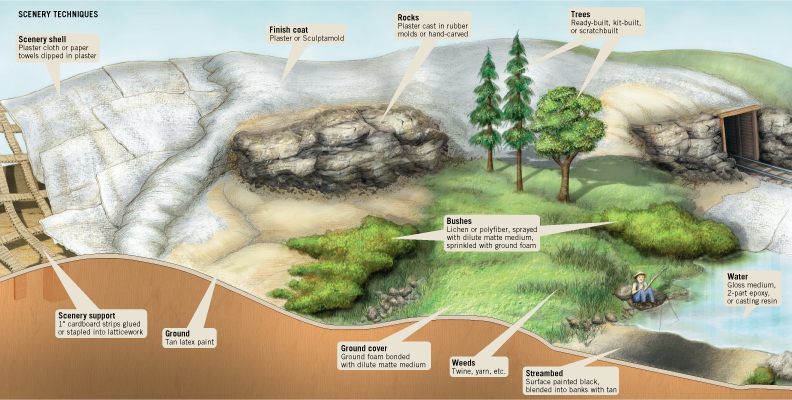
Scenery basics for model railroaders: There are a wide variety of easy to learn techniques that will make your model railroad scenery look realistic. Often folks look at photos of beautiful model railroads and assume right away that it’s just too hard, they could never do it. Well, that just isn’t so. Certainly model railroading […]
Read More…
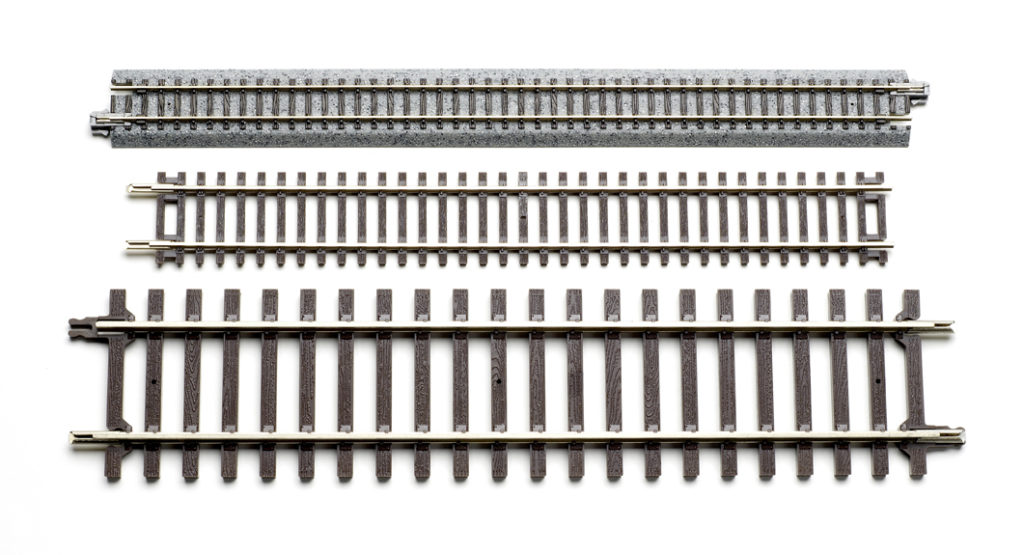
Model railroad track comes in many scales and varieties. At top is a section of Kato N scale Unitrack, an all-in-one type. Next is a piece of Atlas HO sectional track, and at the bottom is a piece of O scale track from Atlas O. The basics of model railroad track: Many hobbyists get […]
Read More…

Also in this issue: ON TRAINS.COM, pg. 6 The latest features on our website FROM THE EDITOR, pg. 8 Creating a model railroad that lives on NEWS AND PRODUCTS, pg. 10 HO scale NYC class J3A 4-6-4 Hudson by Bachmann Trains reviewed, plus the latest new products ASK MR, pg. 18 How do I model a […]
Read More…
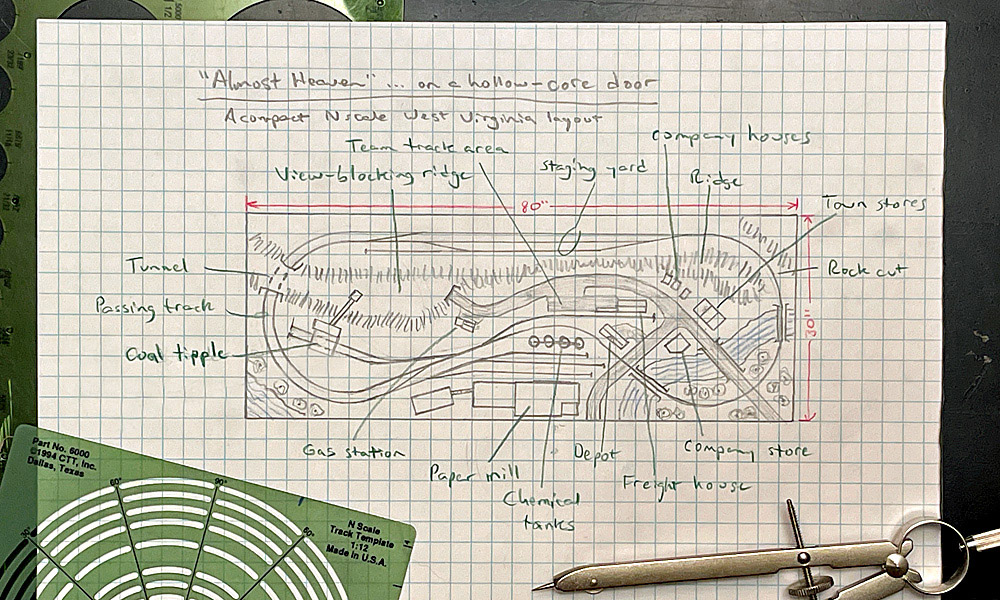
An N scale layout on a door is to that scale what a 4 x 8-foot table is to HO: a popular and convenient platform on which to build a compact layout. And for good reason. A hollow-core door is a lightweight, rigid surface, easy to handle and build on, and not too expensive. It’s […]
Read More…
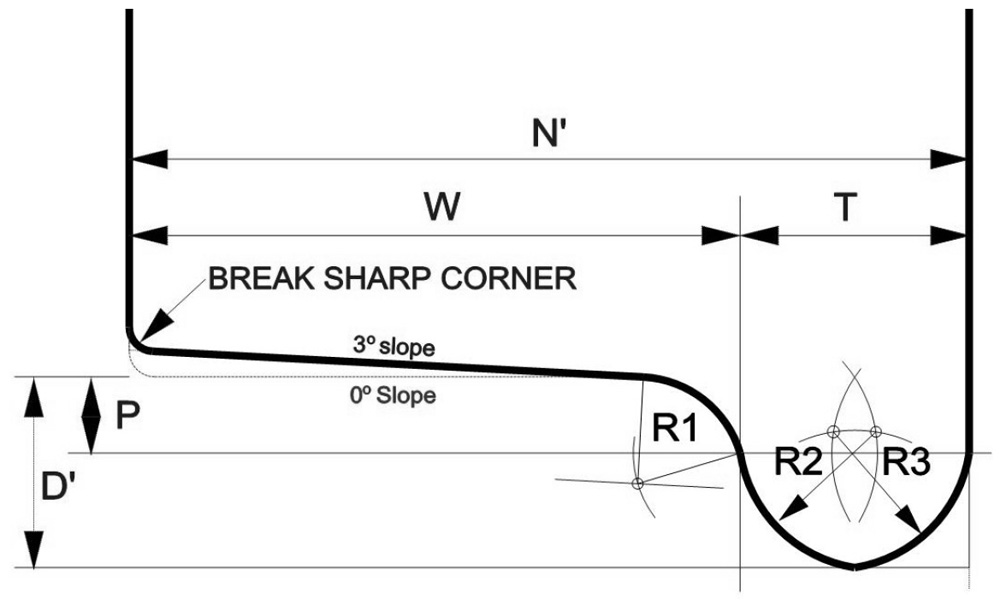
Q: I want to replace some wheelsets on my 1:32 passenger cars but don’t know where to measure the model railroad car wheels’ diameter. I’d like to keep the wheel sizes the same with the new as the old so I don’t need to deal with altering the height of my couplers. Is the wheel […]
Read More…
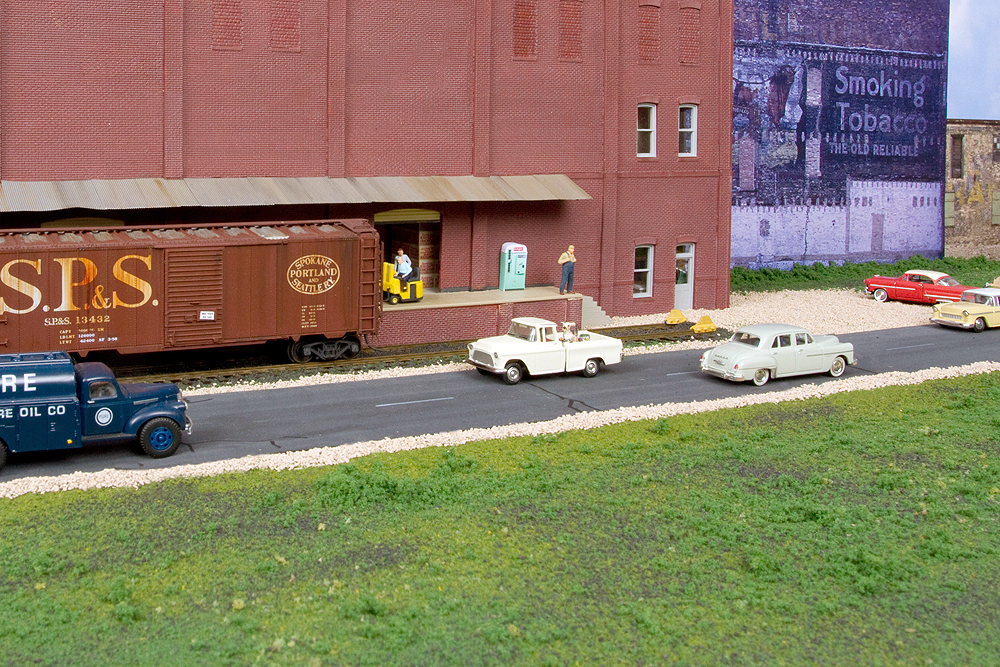
What is ground foam for model railroad layouts? When I first came across this phrase, I thought it was foam that was to be used on the ground, that is, for dirt, grass, and weeds. Then I cottoned on – it’s foam that’s been ground up! So, why would people grind up foam? Well, it […]
Read More…
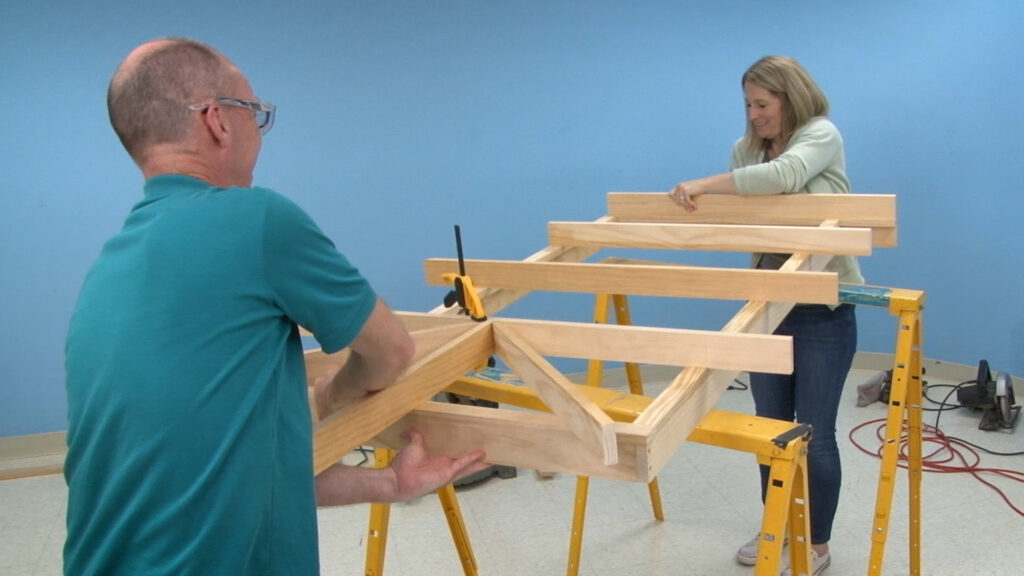
One of the first things that you must do when building a model train layout is decide which style of benchwork you will build for the layout. Simple tables A common starter style of model railroad benchwork is just a 4 x 8 sheet of plywood on a tabletop. My first layout was on a […]
Read More…












